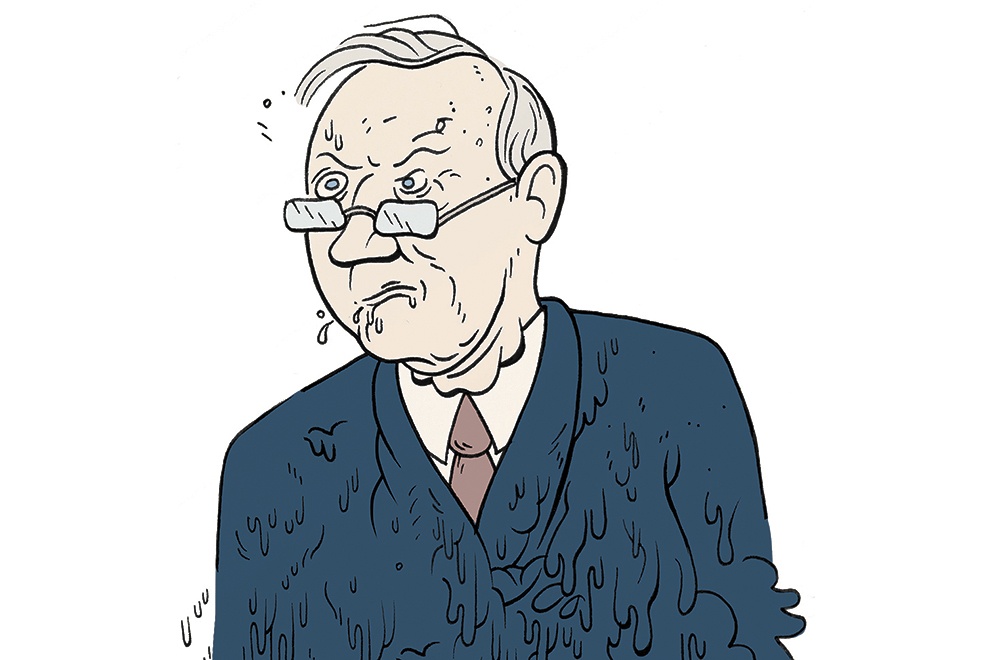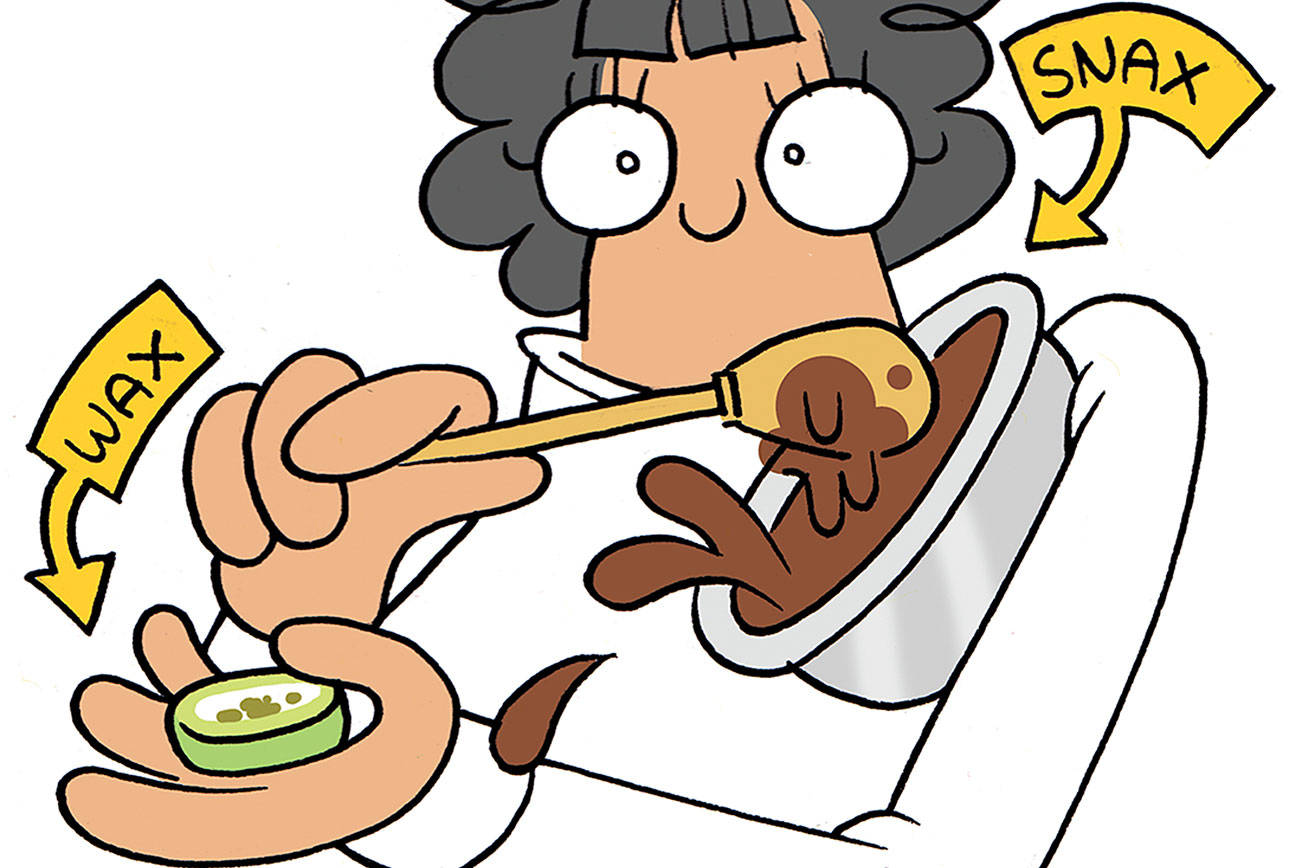If you have been living under a bong cloud for the past few months, you might be wondering why everyone is tripping over Jeff Sessions becoming U.S. Attorney General. To get you up to speed, he has been famously quoted as saying “Good people don’t smoke marijuana” and “I thought the KKK were OK until I learned they smoked pot.” To say his stance on cannabis is conservative is an understatement. And now as attorney general, he will be creating and enforcing Department of Justice policies on cannabis. Rightly, a collective shiver has gone down the back of the cannabis community, and everyone from patients to producers are eyeing Washington, D.C., wondering what will happen next.
There is reason for hope, though. While Washington is one of just eight states that allow recreational use, another 28 have approved medical use in some form, and more than 60 percent of Americans want a change in marijuana policy; that’s a lot of momentum for the government to try to turn back. And this administration does not need another hit to its popularity. Perhaps more influential than public sentiment, however, is money. Nationwide, the cannabis industry produced over six and half billion dollars in 2016. To turn away that kind of tax revenue is just bad business.
Here’s what I think are some likely scenarios for the cannabis industry in 2017:
• No new states will be allowed to pass recreational-use laws, and that may extend to medical use as well. I think Sessions will stand firm on what he said during his Senate confirmation hearing: “The U.S. Congress made the possession of marijuana in every state—and the distribution—an illegal act. If that’s something that’s not desired any longer, Congress should pass a law to change the rule.” In other words, I think he will keep cannabis illegal on the national level, always allowing the feds the final word in any legal disputes. If people want cannabis to truly be free in the near future, they will need to go the legislative route.
• A widespread national crackdown, complete with raids on dispensaries and farms, is not out of the question, but is unlikely. The DEA just doesn’t have the personnel, and the cost for an operation of that size would be in the hundreds of millions of dollars. However, expect much tougher enforcement at the borders between legal and non-legal states. In 2015, Oklahoma and Nebraska sued Colorado over the influx of cannabis into their states; in 2017, there could be a bigger push to keep pot “walled in”—and that responsibility could very well fall to the legal states, with industry members or even states themselves potentially seeing massive fines.
• If there’s one arena where the federal government will probably go easy, it will be Big Pharma and Big Agra. Both these mega-industries are turning their voracious eyes to cannabis, and it’s possibly only a matter of time before we see Camel joints and Bayer pot pain pills. Here in Washington, a few bipartisan bills coming up before the state legislature could have far-reaching effects: They would allow outside ownership in Washington cannabis industries, potentially blowing away the hundreds of mom-and-pop growers, processors, and retailers that Washington cannabis law has built itself around. But even if these pass, Sessions and the Trump administration could still decide to upend the entire industry. Stay tuned.
stashbox@seattleweekly.com







